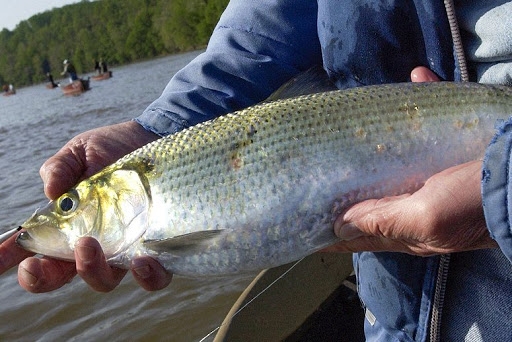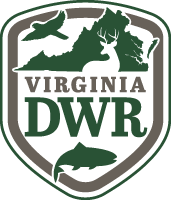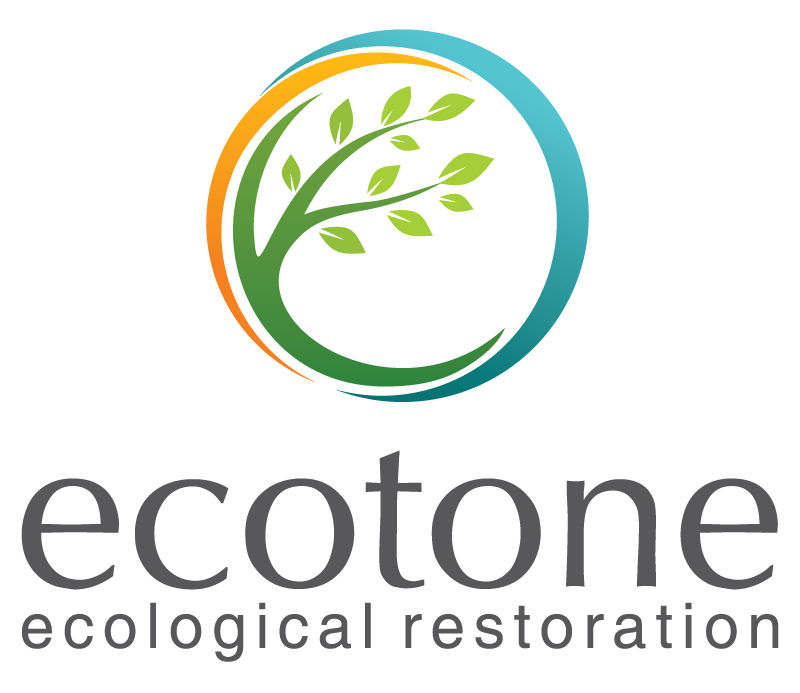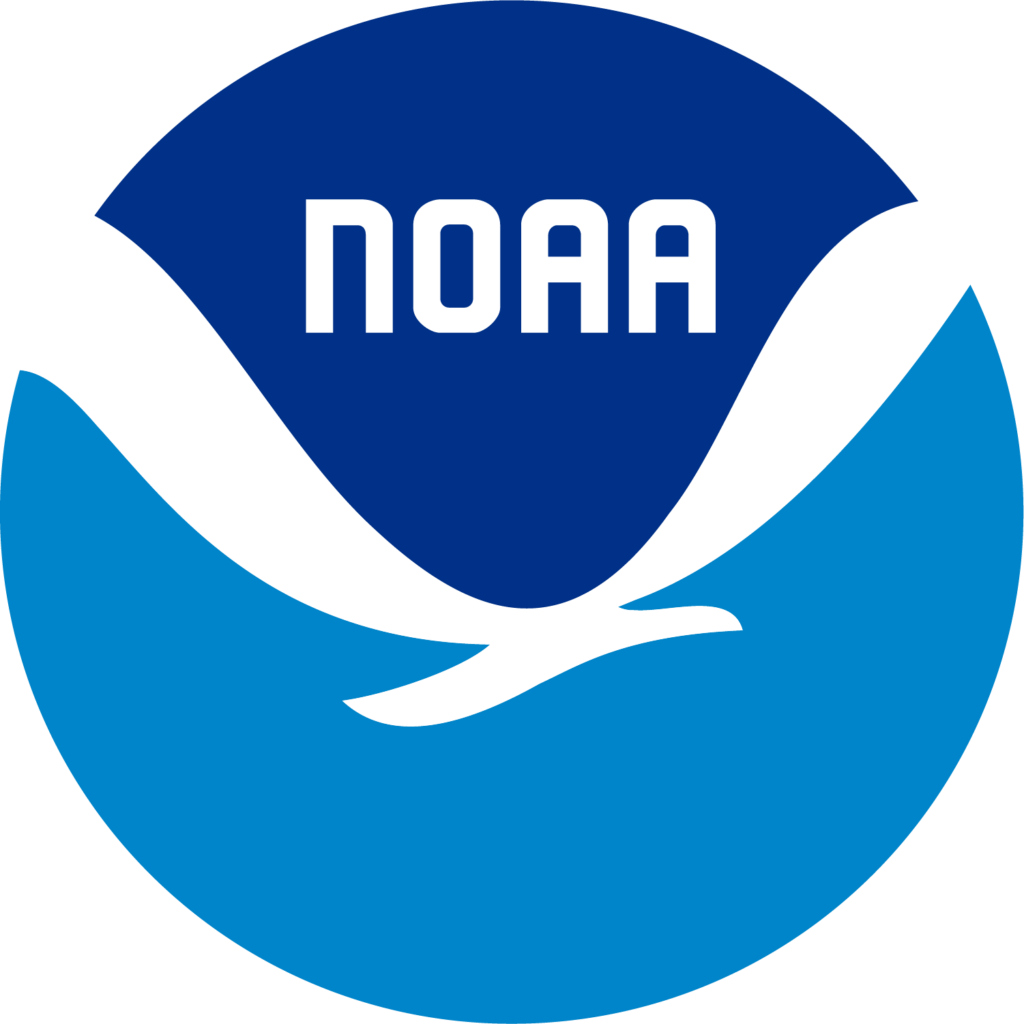We have witnessed a demise and a triumphant return of the American Shad to our waterways. We honor the citizens who refused to let them fade away. RFPP was launched by nine visionary founders in 2020 as a once-in-a-generation initiative to remove the last barrier in the Rappahannock River watershed to migratory fish attempting to reach their ancestral spawning grounds near the Blue Ridge Mountains. Since then, nearly 100 donors, patrons, and partners have contributed their talents and resources to the effort to get the project funded.

Founders
J.B. Birdsall
Michael Collins
Monte Gingery
Tommy Hill
Don King
Mark Kington
John MacFarlane
David Perdue
Al Weed
The Rapidan Fish Passage Project (RFPP) will boost the health of mid-Atlantic anadromous fisheries through removal of the Rapidan Mill Dam, the #1 dam removal project in the Chesapeake Bay basin.
To complete this once in a generation conservation opportunity, American Climate Partners launched the Rapidan Partnership in 2019. The Partnership’s vision is to restore free flow to the Rapidan River by alteration of the Rapidan Mill Dam (RMD).
The Partnership is a consortium of local, state, federal partners, and other non-profit organizations – all agreeing to work together for many years to help restore mid-Atlantic anadromous fish populations via completion of this massive project.




Members of the Partnership currently include the US Fish and Wildlife Service, American Rivers, the National Oceanic and Atmospheric Administration, the Virginia Department of Wildlife Resources, and Friends of the Rappahannock.
The vision motivating so many organizations is the potential restoration of 541 miles of the river. Why does this matter? Fish such as the American Shad spawn in rivers of the Virginia Piedmont but can’t climb up and over dams. These once plentiful fish were an essential food source for early American colonists. 400 years later, this project to bring them back has the potential to be nationally significant.
Says Michael Collins, Executive Director of American Climate Partners, Rapidan Institute Program Director, and RFPP Project Lead, “Striped Bass and American Shad are American icons that are in decline and we aim to restore these and other species for a flourishing Chesapeake Bay ecosystem and for the region’s outdoor recreation industry and for anglers.”
“The successful Shad fishery recovery in the Potomac, Rappahannock, and James Rivers leads us to believe that a solid Shad and Striper (i.e. Rockfish) fishery can be restored well up the watershed to Madison Mills and possibly farther.”
— Jeff Waldon, Co-Founding Project Lead
Before dams and river pollution, they were the most valuable and important fishery in the Chesapeake Bay. Today, larval and juvenile Shad are a source of food for Rockfish. Rockfish are the most popular commercial and recreational finfish in the Bay, generating roughly $500 million in economic activity related to fishing expenditures, travel, lodging, and so on each year. In 2019 the Atlantic States Marine Fisheries Commission (ASMFC) found that the Rockfish population was in trouble. Stocks have been in decline for some time, as has spawning success. Through this project, the Rapidan Community has an opportunity to be at the forefront of positive improvement for the village and the greater regional community and environment.
Says Collins, “The community stands to gain a great deal by reconnecting the river for migratory fish, including returning the rapids to Rapidan. My hope is that the national importance of this project will somehow lead to additional dollars coming into the community to restore the beauty and fine joinery and craftmanship of the historical Mill building itself as a stalwart reminder of its history and the dam that once powered it.”
The Importance of Shad in North America
The American Shad has played a vital role in North American history, from sustaining Indigenous communities to fueling early American commerce. However, human activity led to its decline, and while conservation efforts have helped, much work remains to fully restore this once-abundant species. Migratory species like American shad, river herring (alewife and blueback herring), American eel, and sea lamprey play critical ecological, economic, and cultural roles in freshwater and marine ecosystems. Protecting these migratory species is vital for maintaining balanced ecosystems, supporting fisheries, and preserving historical and cultural traditions. Conservation efforts such as habitat restoration, sustainable fishing regulations, and pollution control are crucial for their survival.
1. Ecological Importance
- Nutrient Transport: These species migrate between freshwater and marine environments, transporting nutrients upstream and downstream, enriching ecosystems.
- Food Source: They serve as prey for many predators, including larger fish, birds (e.g., eagles, herons), and mammals (e.g., otters, raccoons).
- Ecosystem Engineers: Sea lampreys, for instance, help recycle nutrients by feeding on dead or dying fish in marine environments.
2. Economic and Commercial Value
- Fisheries: Historically, species like American shad and river herring supported major commercial and recreational fisheries, though populations have declined due to habitat loss and overfishing.
- Bait Industry: River herring and American eel are used as bait in fisheries targeting larger commercial species.
- Aquaculture: The American eel is valuable for aquaculture, especially in markets like Japan.
3. Cultural and Historical Significance
- Indigenous and Historical Use: Many Indigenous communities and early American settlers relied on these species for food, trade, and ceremonial purposes.
- Symbolic Value: Species like the American shad were historically significant for riverside communities along the Atlantic coast.
4. Biodiversity and Conservation
- Indicator Species: Their population trends reflect the health of aquatic ecosystems, indicating issues such as pollution, habitat fragmentation, and climate change.
- Conservation Efforts: Due to their decline, restoration projects (e.g., dam removal, fish ladders) have been implemented to improve their populations and restore river connectivity.
Threats and Conservation Challenges
Habitat Loss
Dams and barriers block migration routes.
Overfishing
Some species, like American eel, have been overharvested.
Climate Change
Rising temperatures affect their spawning cycles and survival.
Pollution
Water contamination affects juvenile survival and overall population health.
